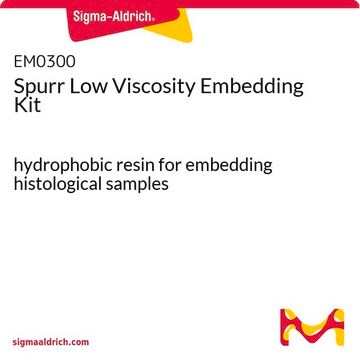20840
Sodium cacodylate trihydrate
purum p.a., ≥98.0% (T)
Synonym(s):
Cacodylic acid sodium salt trihydrate, Dimethylarsinic acid sodium salt, Dimethylarsonic acid sodium salt
About This Item
Recommended Products
grade
purum p.a.
Quality Level
Assay
≥98.0% (T)
form
solid
anion traces
chloride (Cl-): ≤100 mg/kg
sulfate (SO42-): ≤200 mg/kg
cation traces
Ca: ≤100 mg/kg
Cd: ≤50 mg/kg
Co: ≤50 mg/kg
Cu: ≤50 mg/kg
Fe: ≤50 mg/kg
K: ≤500 mg/kg
Ni: ≤50 mg/kg
Pb: ≤50 mg/kg
Zn: ≤50 mg/kg
SMILES string
[Na+].[H]O[H].[H]O[H].[H]O[H].C[As](C)([O-])=O
InChI
1S/C2H7AsO2.Na.3H2O/c1-3(2,4)5;;;;/h1-2H3,(H,4,5);;3*1H2/q;+1;;;/p-1
InChI key
RLGWPHBPRCROJO-UHFFFAOYSA-M
Looking for similar products? Visit Product Comparison Guide
Related Categories
General description
Application
Signal Word
Danger
Hazard Statements
Precautionary Statements
Hazard Classifications
Acute Tox. 3 Inhalation - Acute Tox. 3 Oral - Aquatic Acute 1 - Aquatic Chronic 1 - Carc. 1B
Storage Class Code
6.1B - Non-combustible acute toxic Cat. 1 and 2 / very toxic hazardous materials
WGK
WGK 3
Personal Protective Equipment
Choose from one of the most recent versions:
Already Own This Product?
Find documentation for the products that you have recently purchased in the Document Library.
Customers Also Viewed
Our team of scientists has experience in all areas of research including Life Science, Material Science, Chemical Synthesis, Chromatography, Analytical and many others.
Contact Technical Service











